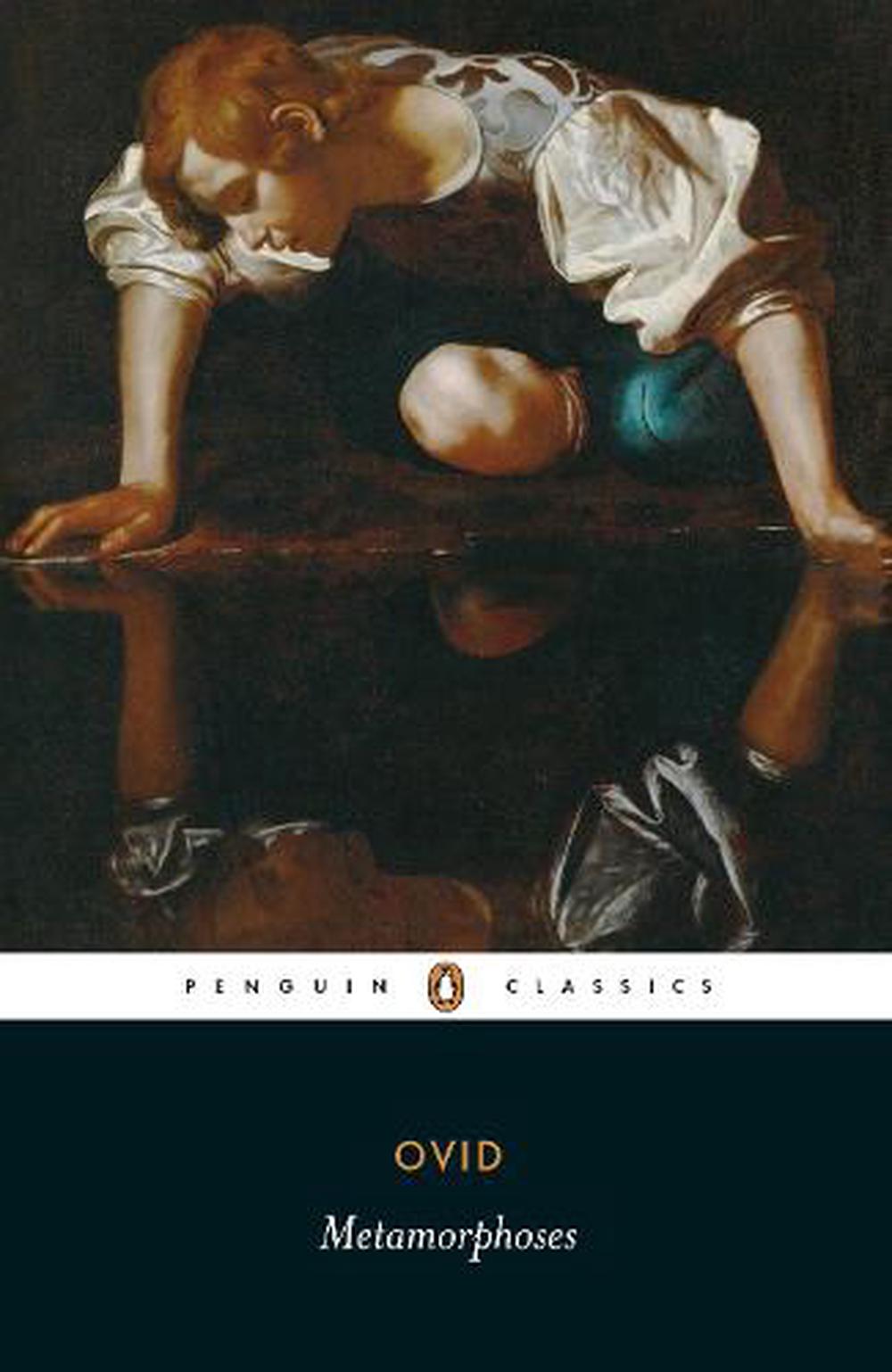
Kline © Copyright 2000 All Rights Reserved The purpose of this paper is to show how Ovid exploited certain methods and techniques in order to imply, through the narrative, the omnipotence of the poetic genius through the creation of his text.Translated by A. In his perpetuum carmen, therefore, he was confronted with the task of composing an all-inclusive work with regard to time, subject-matter and literary genre. In striving for originality, he also had to emulate almost the entire Greek and Roman literary tradition. There is a consensus among Ovidian scholars that in writing the Metamorphoses Ovid had Virgil and his work firmly in mind. It is the poetic genius which cannot be trapped in a specific time frame. The perpetuum carmen, as the poet characterised the Metamorphoses at 1.4, refers not only to the time-span of the work through to the poet's own time but more importantly to the eternal character of his poetry.

This reading of sine fine actually alludes to the prophecy of Jupiter in the first book of the Aeneid where the phrase meant the eternity of the Roman dominion. In the epilogue, the poet also declares his certainty that his work will be eternal it will live, that is, sine fine as he states at Tristia 2.63-4. In this paper I suggest that at the beginning of the Metamorphoses through narrative techniques and the structure of the verses, in particular lines 1.10-14, the poet claims to be a fabricator mundi and that his text exists before the creation of the world, becoming the model for its formation.


Ovid’s poetry, I will argue, is philosophy, the musical thinking of a lover of myths, a philómythos who, as Aristotle would put it, was a sort of philosopher, philósophos." I will then be in a position to provide a panoramic view of Ovid’s work. I will set out to outline the discord between anti-erotic ratio and ars amatoria. The philosophical effect of such a critique is immense and terrifying. In those carmina,both love and poetry are crucial, and yet highly problematical, because both, poetry and love, undermine the project of an unrelenting argument on behalf of reason. The second challenge comes from the carmina of Lucretius. Supposedly intended to convey erotic passion and impatience for pleasure, it turns into an intermittent profession of pain.

Occasionally praise, it morphs, more often, into blame. Elegy is lament, protest, recrimination, regret. The first challenge comes from the love poetry by his contemporaries. Palinode and apology have become necessary and urgent, for Ovid, for two reasons, which offer a double challenge. "Abstract: Ovid's "Ars Amatoria" is meant to offer a true recantation of amor, a palinode of love that includes an apology of poetry.


 0 kommentar(er)
0 kommentar(er)
